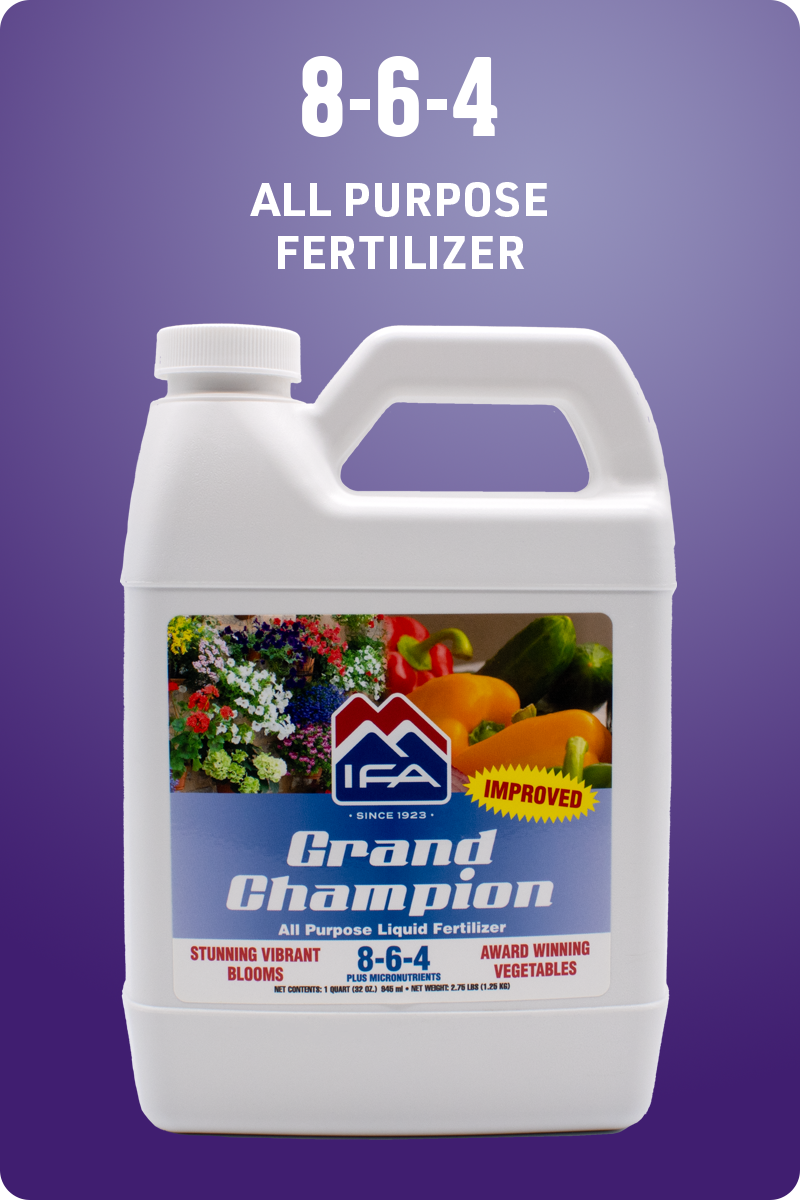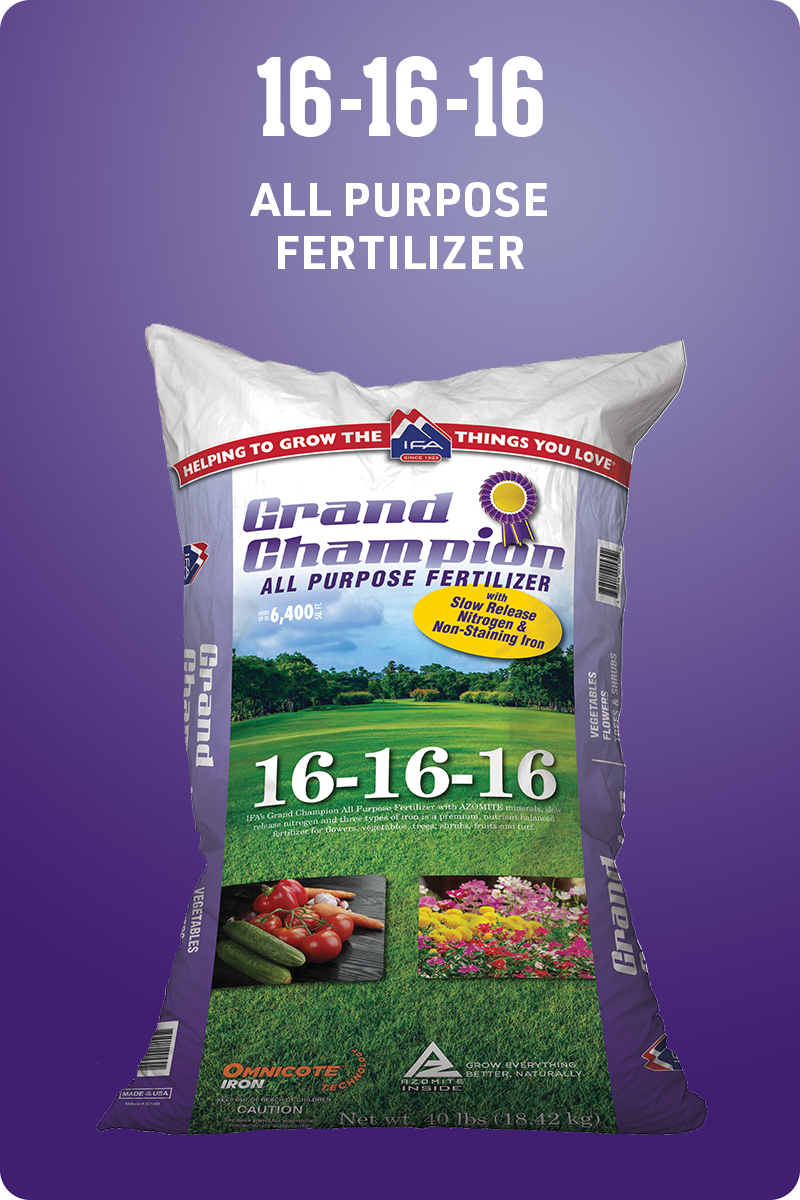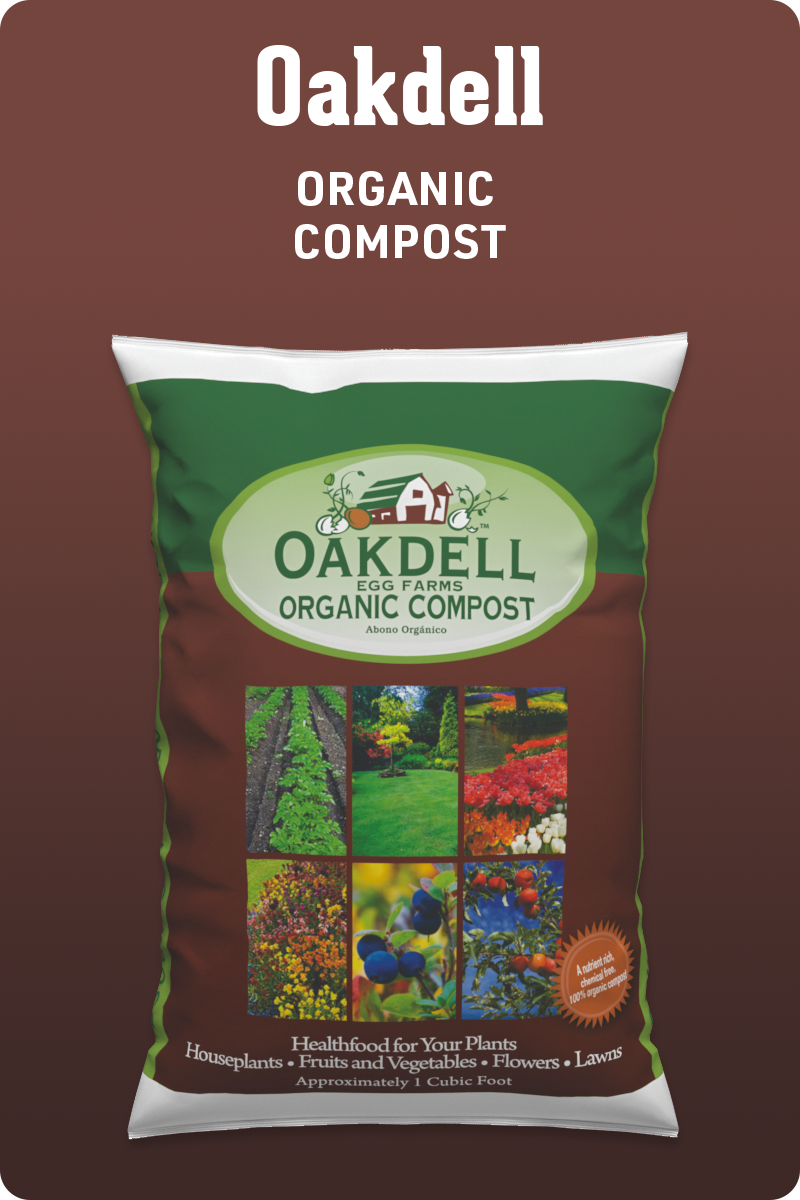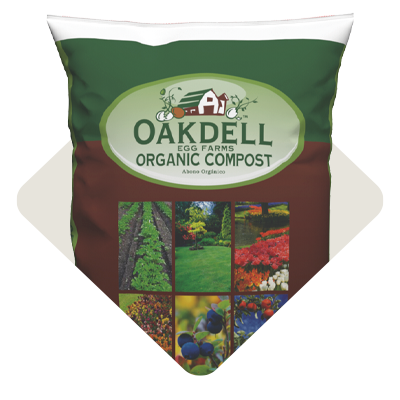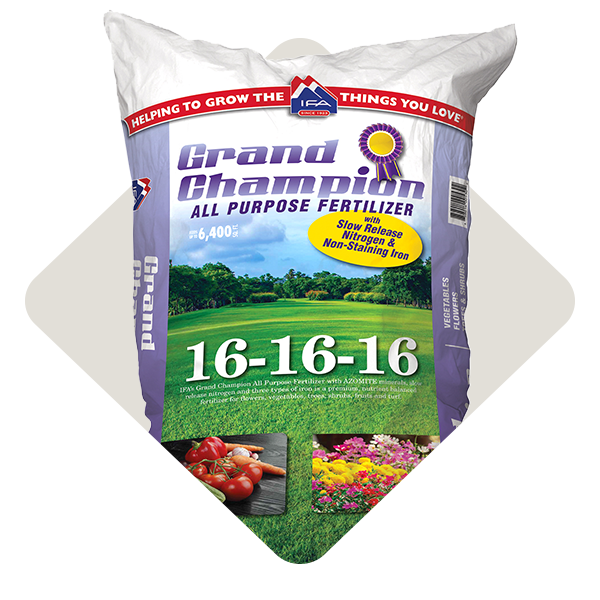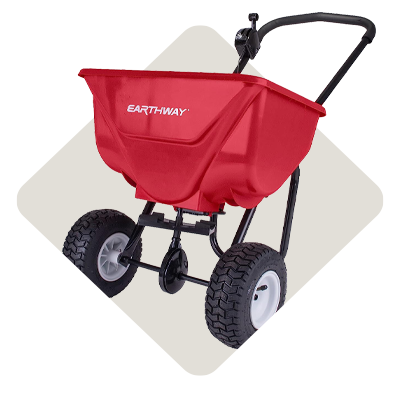
Clover has emerged as a popular choice for homeowners seeking a vibrant, low-maintenance lawn alternative or supplement. Beyond its traditional use in agricultural settings, clover offers a multitude of benefits for residential landscapes, from natural nitrogen fixation and weed suppression to improved soil health and pollinator support.
Discover how clover seed can transform your lawn into a lush paradise while offering numerous additional benefits.
Why Clover Seed is a Game-Changer for Lawns
Clover seed is rapidly becoming a popular choice for homeowners looking to create a lush, green lawn with minimal maintenance. One of the primary benefits of using clover is its ability to fix nitrogen from the atmosphere, enriching the soil and reducing the need for chemical fertilizers.
Clover is also an excellent plant for pollinators. Its flowers attract bees, butterflies and other beneficial insects that promote biodiversity in your yard or garden. Clover's dense root system also helps prevent soil erosion and improves soil structure, making it a great choice for a water wise lawn
Additionally, clover is incredibly resilient. It can withstand heavy foot traffic, drought conditions, pet urine and poor soil quality, making it an excellent choice for lawns that experience a lot of use. Clover also has a natural resistance to pests and diseases, reducing the need for pesticides.

IFA Clover Seed Varieties for Lawns
White Dutch Clover
Low growing clover used for ground cover or traditional lawn alternative. Tolerates traffic and does well in cool, moist conditions. Grows best in full sun to partial shade and requires little maintenance. White Dutch Clover thrives when mowed or grazed.
Average Height: 4"-10"
Flower Color: White
Aberace Micro Clover–Superior Lawn Clover
Aberace is a very short, hardy micro clover. Micro Clovers are the new preferred choice for clover lawns and ground cover. It excels as a ground cover or traditional lawn alternative as it tolerates traffic and is low maintenance. Aberace thrives under regular water and mowing routines.
Average Height: 3"-6"
Flower Color: White
White Clover
One of the most widely cultivated types of clover and a very popular option for lawns.. White Clovers are shorter than Ladino for a more kept lawn appearance, but also excellent for forage production, ground cover and pasture use.
Average Height: 12"-24"
Flower Color: White
Ladino Clover
Ladino is the largest type of white clover. While it is significantly taller than White Dutch Clover, Ladino is similar in appearance. Ladino is good for pollinators and honeybees. Widely used in pastures, for hay and wildlife food plots. This clover can handle slightly acidic soils and is an excellent nitrogen producer, making it good for cover crop and tillage use.
Average Height: 12"-24"
Flower Color: White
Micro Clover vs White Dutch Clover What’s the difference?
For years, White Dutch Clover has been the standard dwarf clover for ground cover or lawn alternatives. White Dutch has been used as a mix-in for blended ground covers and as an outright replacement for traditional lawns for years and it continues to be a great choice, but now there is another option to consider micro clover.
IFA offers a new and improved variety of micro clover from Haystack Mountain called Aberace. Aberace is quickly becoming a favorite for lawn clovers as it grows to a height of 3” and blooms a white flower, making it a lower-growing variety than White Dutch that is also more hardy and requires less maintenance.
While White Dutch continues to be a trusted lawn clover option, Abernace micro clovers have proven great durability against foot traffic and provide good weed suppression in addition to being a good pollinator and promoting soil health.
Essential Care Tips for a Thriving Clover Lawn
Caring for a clover lawn is relatively straightforward. Clover thrives in slightly acidic to neutral soil, with a pH between 6.0 and 7.0. Testing your soil before planting can help you make any necessary adjustments. Once established, clover requires less frequent watering than traditional grass lawns, making it an excellent choice for water conservation.

Mowing is another key aspect of clover lawn care. Clover typically grows to a height of about 4-8 inches, so keeping it trimmed to this length will help maintain its appearance and health. It's generally recommended to mow clover lawns every couple of weeks during the growing season.
Recommended Products and Fertilizers for Clover Lawns
When it comes to fertilizing your clover lawn, less is more. Since clover plants fix their own nitrogen, you won't need to apply nitrogen-rich fertilizers. Instead, look for balanced fertilizers such as IFA’s Grand Champion 16-16-16 that contain phosphorus and potassium to support root development and overall plant health. Organic options such as compost or manure can also be beneficial.
When choosing products to help grow your clover lawn, it is important to stay away from any pre- and post-emergent varieties that target broadleaf weeds like dandelions. Clovers are broadleaf plants and any products designed to deter or remove broadleaf plants will harm your clover lawn.
Additional Uses for Clover Seed: Beyond the Lawn
Beyond creating beautiful lawns, clover seed serves several other valuable purposes. One notable use is as a rotation crop in agricultural practices. Clover can be planted between other crops to add green matter back into the soil, enhancing its fertility and structure. This practice helps break pest and disease cycles and promote healthier crops over time.
Clover is also excellent for pasture management. Clover is an excellent cover crop that can help prevent dust and erosion while providing forage for ruminant livestock that improves the overall health of grazing lands.
Replacing a traditional lawn with lawn clover offers a multitude of benefits from enhancing soil health and reducing the need for fertilizers to providing a lush, green appearance with minimal maintenance.

Grow a Lush Clover Lawn with IFA
Replacing a traditional lawn with lawn clover offers a multitude of benefits, from enhancing soil health and reducing the need for fertilizers to providing a lush, green appearance with minimal maintenance.
Visit your local IFA Country Store and talk to an expert to get started incorporating clover into your home landscape.
Information for this article was provided by Cody Wilson, CCA & IFA Agronomy Marketing Manager; Alana Nobbs, IFA Agronomy Buyer; and Jason Stevens, Haystack Mountain Brand Seed.








